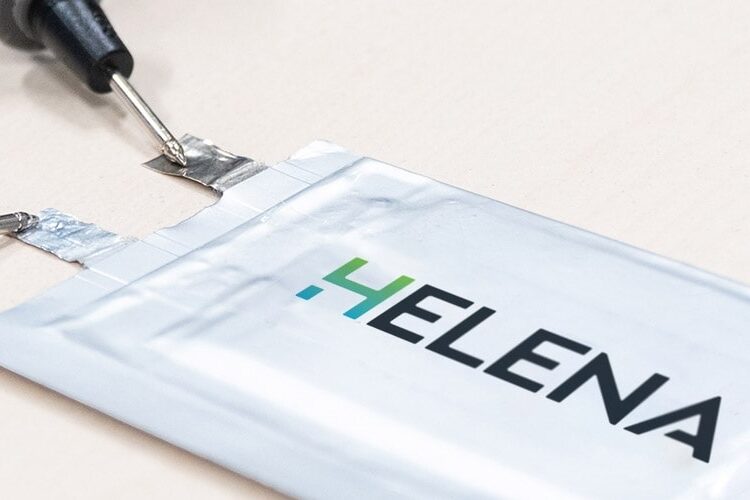The European HELENA project consortium has achieved a significant milestone in the development of solid-state batteries by assembling a complete solid-state battery cell with halide electrolyte. The project, which focuses on advancing powerful and stable solid-state batteries for electric vehicles and aircraft, has made substantial progress in enhancing the electrochemical properties of the electrolyte.
The HELENA project, which stands for “Halide Solid State Batteries for Electric Vehicles and Aircrafts,” comprises 15 project participants and is coordinated by the CIC energiGUNE research center. The successful assembly of the solid-state battery cell with halide electrolyte marks a significant step forward in the project’s objectives.
According to the research team, the halide electrolyte exhibits a high conductivity of several mS/cm, enabling the cells to operate at high currents and low temperatures. Moreover, the halide electrolyte is suitable for dry room conditions, making it highly applicable for industrial use. Additionally, the electrolyte demonstrates high thermal stability.
The first complete cells developed under the HELENA project feature a lithium metal anode, a halide electrolyte, and an NMC622 cathode with a charge capacity of up to 4 mAh/cm2. The project is progressing well within its specified timeframe, scheduled to conclude by the end of May 2026. The researchers aim to develop solid-state batteries with high energy density and performance based on the described anode-cathode-electrolyte combination.
The HELENA consortium includes 14 other institutions alongside CIC energiGUNE, such as the AIT-Austrian Institute Of Technology, Saint Gobain Recherche, Umicore, Lionvolt, and others. Artur Tron, battery expert at AIT, emphasized the safety advantages of halide-based solid-state batteries, noting that they are inherently safer than conventional lithium-ion batteries and other types of solid-state batteries. He highlighted the non-toxic and non-flammable nature of their chemical components, as well as their higher interfacial stability in contact with lithium metal anodes, which helps prevent the formation of lithium dendrites and reduces the risk of short circuits.

